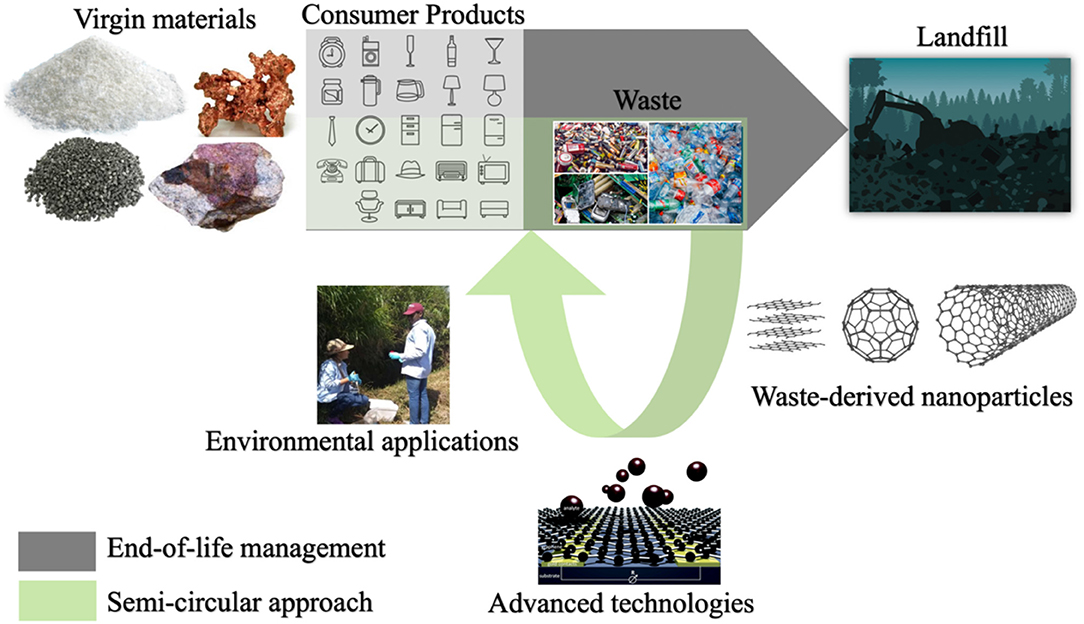Illinois General Assembly Enacts New Laws Emphasizing Sustainable Development Goals

Effective July 1, the Illinois General Assembly will implement a series of new laws addressing critical social, environmental, and health issues aligned with the United Nations Sustainable Development Goals (SDGs). These laws coincide with the commencement of spending from Illinois’ record $55.2 billion budget and an increase in the state gasoline tax to 48.3 cents per gallon.
Key Legislative Measures and Their Alignment with SDGs
1. Gender Inclusiveness and Birth Certificate Reforms (SDG 5: Gender Equality)
- House Bill 2297: State agencies will collect and report gender-inclusive data, replacing “male and female” categories with “man, woman, and persons who identify as non-binary or gender non-conforming.” This promotes inclusivity and equality.
- House Bill 4727: Waives fees for new birth certificates or birth record searches for individuals under guardianship, facilitating access to legal identity.
- Senate Bill 3182 (Liam’s Law): Grants parents the right to receive a birth certificate following spontaneous fetal death after 20 weeks gestation, replacing “mother” with “patient” to ensure respectful and inclusive language.
2. Climate Change Education Mandate (SDG 13: Climate Action; SDG 4: Quality Education)
House Bill 4895 requires public schools to incorporate climate change education by the 2026-2027 school year. The State Board of Education will develop multidisciplinary instructional resources and professional training for educators, focusing on:
- Environmental and ecological impacts of climate change
- Conservation of natural resources
- Air pollution and waste reduction strategies
This initiative supports sustainable development by fostering awareness and empowering future generations to address climate challenges.
3. Healthcare Accessibility and Affordability (SDG 3: Good Health and Well-being)
- House Bill 2189: Caps out-of-pocket insulin costs at $35, reducing financial barriers for diabetic patients through an insulin discount program.
- House Bill 5000: Expands assisted living facility access to individuals requiring non-routine maintenance catheter care, administered by qualified nurses under infection control protocols.
4. Overdose Survival and Public Health Safety (SDG 3: Good Health and Well-being)
House Bill 5028 mandates availability of opioid antagonists (e.g., Narcan) at state agencies where employees are trained in their use. The Good Samaritan Act is amended to protect employees from civil liability when administering these life-saving drugs, enhancing community health and safety.
5. Access to Justice Through Language Services (SDG 16: Peace, Justice, and Strong Institutions)
House Bill 5172 guarantees foreign language translators for witnesses, self-represented, and low-income litigants in court proceedings. Judges must inquire about the need for interpretive assistance, ensuring access in at least 13 languages, thereby promoting equitable legal representation.
6. Privacy and Legal Reform for Prostitution Records (SDG 16: Peace, Justice, and Strong Institutions)
House Bill 4410 automatically seals felony prostitution arrest records and updates terminology, replacing “juvenile prostitution” with “commercial sexual exploitation of a child,” reflecting a more sensitive and just approach to vulnerable populations.
Summary of New Laws Effective July 1
- Implementation of gender-inclusive data collection and reporting
- Fee waivers for birth certificates for individuals under guardianship
- Provision of birth certificates for fetal deaths after 20 weeks gestation
- Mandated climate change education in public schools
- Caps on insulin out-of-pocket costs
- Expanded assisted living admission criteria for catheter care
- Availability of opioid antagonists in state agencies
- Guaranteed foreign language translators in courts
- Automatic sealing of felony prostitution arrest records and updated legal terminology
Conclusion
While Illinois continues to face challenges such as pension crises and high tax burdens, the recent legislative actions demonstrate a commitment to advancing the Sustainable Development Goals. These laws promote gender equality, quality education, good health and well-being, climate action, and justice, reflecting a holistic approach to sustainable development within the state.
1. Sustainable Development Goals (SDGs) Addressed or Connected
- SDG 3: Good Health and Well-being
- Addressed through insulin cost caps, overdose survival measures, and assisted living accessibility.
- SDG 4: Quality Education
- Climate change education mandate in public schools.
- SDG 5: Gender Equality
- Gender-inclusive data collection and reporting.
- SDG 10: Reduced Inequalities
- Access to foreign language translators in courts and sealing prostitution records to reduce stigma and inequality.
- SDG 16: Peace, Justice and Strong Institutions
- Legal reforms including sealing felony prostitution arrests and ensuring access to court translators.
- SDG 13: Climate Action
- Mandate for climate change education and curriculum development.
2. Specific Targets Under Those SDGs
- SDG 3: Good Health and Well-being
- Target 3.8: Achieve universal health coverage, including financial risk protection (e.g., insulin cost caps).
- Target 3.5: Strengthen prevention and treatment of substance abuse (opioid antagonist availability).
- Target 3.4: Reduce premature mortality from non-communicable diseases through prevention and treatment (assisted living care improvements).
- SDG 4: Quality Education
- Target 4.7: Ensure all learners acquire knowledge and skills needed to promote sustainable development, including climate change education.
- SDG 5: Gender Equality
- Target 5.1: End all forms of discrimination against all women and girls everywhere (gender-inclusive data collection).
- SDG 10: Reduced Inequalities
- Target 10.2: Empower and promote social, economic and political inclusion of all (access to translators and sealing records).
- SDG 16: Peace, Justice and Strong Institutions
- Target 16.6: Develop effective, accountable and transparent institutions (legal reforms and protections for litigants).
- Target 16.3: Promote rule of law and ensure equal access to justice for all (court translators and sealing prostitution records).
- SDG 13: Climate Action
- Target 13.3: Improve education, awareness-raising and human and institutional capacity on climate change mitigation and adaptation.
3. Indicators Mentioned or Implied to Measure Progress
- Gender Data Collection
- Indicator: Number and proportion of state agencies collecting and reporting gender-inclusive data (man, woman, non-binary/gender non-conforming).
- Insulin Cost Caps
- Indicator: Out-of-pocket maximum costs for insulin prescriptions ($35 cap).
- Climate Change Education
- Indicator: Implementation of climate change curriculum and availability of instructional resources and teacher training by the 2026-2027 school year.
- Access to Court Translators
- Indicator: Number of cases where foreign language translators are provided; number of languages offered (at least 13 languages).
- Sealing of Prostitution Records
- Indicator: Number of felony prostitution arrests sealed automatically.
- Availability of Opioid Antagonists
- Indicator: Number of state agencies with trained employees administering opioid antagonists and availability of life-saving drugs on site.
- Assisted Living Accessibility
- Indicator: Number of assisted living facilities accepting persons requiring non-routine maintenance catheter care.
4. Table of SDGs, Targets, and Indicators
| SDGs | Targets | Indicators |
|---|---|---|
| SDG 3: Good Health and Well-being |
|
|
| SDG 4: Quality Education |
|
|
| SDG 5: Gender Equality |
|
|
| SDG 10: Reduced Inequalities |
|
|
| SDG 16: Peace, Justice and Strong Institutions |
|
|
| SDG 13: Climate Action |
|
|
Source: illinoispolicy.org







